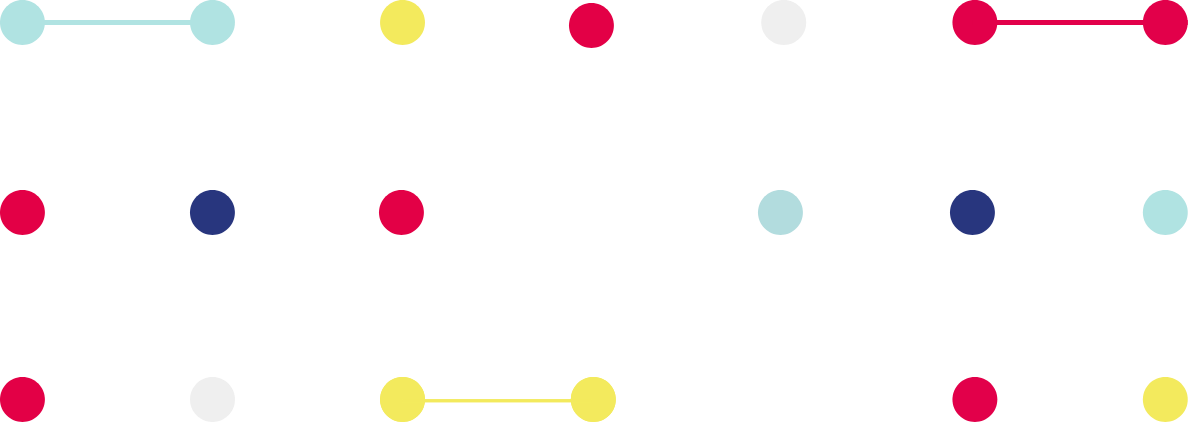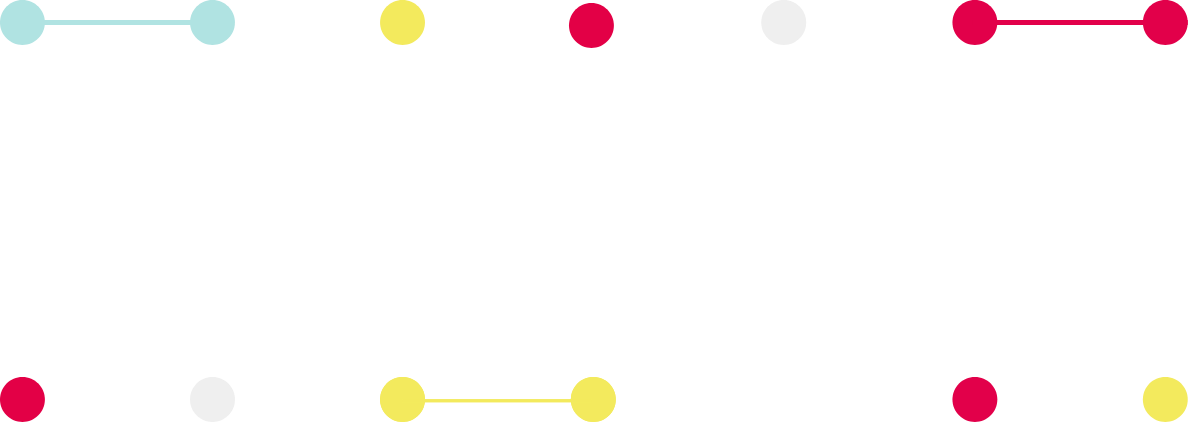“Embracing simplicity has proven to be an effective approach in maintaining a cohesive and agile operation”
In this blazing edition of our member spotlight, we sit down with Julian Thomas, founder of Racelogic and winner of Go Tech Awards 2023. Hold on tight as we take you on a wild ride through the world of cutting-edge GPS/GNSS simulators and recorders.
Julian’s brainchild, Racelogic, has been revving up the automotive industry, supplying top-notch testing products to almost every bigwig in the automotive, technology and tire sectors. From Google to Tesla, Qualcomm to Amazon, and so many more impressive names, Julian’s fingerprints can be found in the heart of the coolest companies on the planet.
Fueling innovation and precision, Julian has set the pace for the automotive world, and we’re ready to spill the secrets behind his high-octane journey. So gear up and join us as we zoom into the world of Julian Thomas, the GPS guru, and explore the roads less travelled in the realm of testing and calibration.
We ask Julian how it all began
In 1980, after completing my degree in physics and electronics, I left university and joined an electronics company working in the automotive sector. Over the course of three years, I became their chief hacker, helping to understand and reprogram the car’s programming to enhance their speed. It was a dream job as I was deeply interested in cars and electronics.
However, I felt the need to explore further possibilities as the scope of my work was quite limited. In 1992, I took the leap and founded my own company. I had several innovative ideas, but my previous boss wasn’t interested in expanding the business. So, I decided to establish RaceLogic, my own venture, with a mix of naivety and tremendous determination, not fully comprehending the challenges that lay ahead.
Around 30 years ago, starting a company was relatively easier compared to today, with fewer regulations and barriers. RaceLogic initially supplied electronics to racing teams, focusing on active systems for race cars. It was going well, and I collaborated with some top British racing teams. However, the effectiveness of our electronic systems led to their ban across the motor racing industry. This sudden setback was worrying, as my entire business was built around that model.
Eventually, I managed to pivot and turn the situation around by shifting our focus to the automotive industry, where electronics was enthusiastically embraced. This proved to be a better move since the automotive sector was more stable and profit-driven compared to the motor racing industry, which mostly consisted of enthusiasts who loved their work but struggled to make significant profits.
Thankfully, the automotive companies valued and adopted our products and services, which became a major turning point for my business. Supplying to the automotive industry became our primary focus and it has been a successful and fulfilling journey.
Where does Julian identify new product ideas and opportunities for innovation?
Our motivation to innovate often stems from a lack of suitable tools or equipment in the industry. When we encounter outdated, expensive, or impractical solutions, we see an opportunity to create something better. One example of this was our first major product, a highly accurate method for measuring the speed of cars during testing. Previously, car manufacturers used cumbersome mechanical systems, like a fifth wheel with an encoder, to measure acceleration and braking. Recognising the potential for improvement, we introduced GPS technology into the industry, specifically into a device called the VBOX (velocity box). This breakthrough replaced the outdated methods with a more efficient and cost-effective solution. We continue to follow this approach, identifying market gaps or inefficient processes and finding innovative ways to address them with our products.
What does Julian think that winning the Go Tech Business Awards 2023 has brought or will bring to his business going forward?
Winning the Go Tech Business Awards presents a fantastic opportunity for us because it allows us to target the right audience in the industry more effectively. The award brings visibility to some of the more obscure products we offer, generating interest and curiosity among potential customers. One such innovation is our system that enables GPS signals to function inside tunnels, a solution sought after by the Sydney government for their 6 km tunnel project.
The recognition from the award means we can openly discuss this groundbreaking technology with a wider audience, including individuals we might not have reached otherwise. As we share our achievements, we have the chance to connect with people who may have a need for our products or know others who do. Moreover, the award serves as a powerful platform to showcase the cutting-edge technology achieved by UK companies in various sectors, further enhancing our reputation as a world-leading technology provider.
How does Julian see RaceLogic developing in 5 years from now?
Predicting RaceLogic’s development is increasingly challenging due to the rapid advancements in AI and chat technology that have taken everyone by surprise. AI has greatly accelerated our product development.
While the uncertainty can be daunting, it also brings exciting opportunities. We are exploring ideas to develop a groundbreaking safety-of-life GPS replacement system, catering to the vast untapped market of tunnels worldwide, where accurate car crash location tracking is currently limited.
Simultaneously, our existing markets, supplying technology to major companies like Google, Apple, SpaceX and Tesla, continue to grow and demand increased sophistication. We constantly innovate and improve our products to meet their evolving needs, striving for smaller, faster and more cost-effective solutions.
Traditionally, our market has grown organically at a steady 6% to 8% yearly rate. However, with the introduction of our new technology, we anticipate the potential for exponential growth, possibly doubling the company’s size within a year, which is truly exhilarating. As we push the boundaries and embrace emerging opportunities, RaceLogic’s future holds tremendous potential for innovation and expansion.
What are the challenges that come from working with high-profile companies such as Google and Tesla?
The major challenge we face lies in understanding the specific needs of high-profile companies such as Google and Tesla, with whom we collaborate. They approach us with enthusiasm, discussing some of our products, but remain extremely secretive about their future plans. While we sign NDAs and delve deep into technology, we rarely gain insight into their intended applications.
This lack of information makes it difficult to align our product development with their upcoming needs. To overcome this hurdle, we must closely analyse the market, track trends, and anticipate the direction in which these companies might be heading. Despite the expectation of close collaboration, the reality is that their secrecy leaves us working blindly much of the time. But we remain resilient and resourceful in our efforts to develop cutting-edge products that align with the broader market’s demands while staying agile and responsive to any emerging opportunities.
What is Julian’s advice to entrepreneurs looking to scale?
My advice to entrepreneurs looking to scale up is to prioritise cost management. While having a brilliant idea and a solid plan is essential, profitability is the ultimate goal. Understanding the true costs of your business is crucial, as it guides how much profit you need to generate to cover those expenses. Some companies receive significant investments and experience rapid growth, but they may not have initially focused on profitability. It’s much more challenging to pivot and become profit-driven later on. Therefore, embedding a profit-oriented mindset from the start is vital.
When I began my company, I opted not to take significant financial assistance, except for a loan of £10,000 from my mother, which I paid back promptly. This decision has made my company lean and cost-conscious. Every day, we closely monitor and manage our expenses, ensuring we remain focused on generating profits.
My advice is to concentrate on profitability early in your business cycle. By prioritising profit from the outset, you’ll be better positioned for long-term success and sustainable growth.
How does Julian balance racing cars with being the CEO of a successful business?
I consider myself fortunate because a significant portion of our business lies in the motorsports industry. This means that I often get to use our own products and interact with our customers at the racetrack. When I achieve success and find myself on the podium, proudly displaying our branding, it serves as tangible proof that our systems are effective and more than just for show.
Engaging with customers at these events allows me to gather valuable feedback and insights. It helps me understand what lies ahead and what areas we should focus on in the future. This balance between managing the business and actively participating in the industry is incredibly beneficial.
How did Julian come up with the idea of DRS in Formula One? And could kindly explain what that means to people who have no clue (such as the interviewer)?
The Drag Reduction System (DRS) was introduced several years ago in response to the increasingly sophisticated aerodynamics of racing cars. The challenge was that the trailing car couldn’t generate enough downforce to overtake the leading car due to the latter’s aerodynamic advantage. To address this, I proposed the idea of a flap in the rear wing that would open up and reduce drag for the following car, allowing it to go faster when closely trailing the car in front. I submitted this proposal to the FIA, but initially they dismissed it as a crazy and unworkable idea. However, about eight months later, they adopted the same concept and implemented it successfully. Although we didn’t get involved in the project, it was rewarding to witness the positive impact it had on Formula One racing. Before DRS, there were only about four overtakes per race on average. After its introduction, the number increased dramatically to around 50 overtakes per race.
While some discussions about eliminating DRS have surfaced over the years, it has proven to be a game-changer in enhancing the excitement and competitiveness of Formula One racing. The continuous success and effectiveness of the DRS system speak for itself, as it remains an integral part of the sport.
What does founding member Julian think of Home Grown’s growth since its opening in 2019?
What I love about Home Grown is the incredible location. It’s conveniently accessible, with my front door just a short journey away in less than an hour. The club itself exudes a fantastic atmosphere, boasting a spacious and beautiful ready room—a delightful place to spend time. Moreover, the people you meet at the bar are nothing short of fascinating and interesting. It’s remarkable how many share a similar outlook on life, full of ideas, ambition and enthusiasm. Engaging with like-minded individuals who have unique perspectives on history, business and various subjects is a pleasure I cherish. Home Grown Club acts as a melting pot of diverse businesses and individuals, all sharing the same philosophy and language. This vibrant mix of people creates a truly captivating and intellectually stimulating environment that I find immensely intriguing and enriching.
Has he made any useful connections while at the bar?
My wife is a talented jewellery developer and she has made invaluable connections through Home Grown. While our personal business is quite niche, engaging with fellow members at the bar provides us with a wealth of diverse ideas. When discussing a problem with someone, they might share their experiences and solutions from their own industry, leading to eye-opening insights. These interactions are incredibly valuable for bouncing ideas and exploring new possibilities. TheClub serves as a vibrant hub for exchanging knowledge and sparking innovative thinking, making it an essential and enriching part of our entrepreneurial journey.
Is there a quote Julian lives by?
Keep it simple. Running a company with 120 employees across various technical markets can be overwhelming. We maintain a flat management structure, allowing anyone in the company to approach me directly for a chat. This accessibility and involvement help me stay connected to every aspect of the business.
By eliminating unnecessary layers of management and complexities, we promote a streamlined and efficient work environment. Embracing simplicity has proven to be an effective approach in maintaining a cohesive and agile operation. It ensures clear communication, fosters a collaborative atmosphere, and enables us to address challenges swiftly and effectively.
In parting, this member spotlight with Julian Thomas has been a thrilling glimpse into the world of innovation and speed. But fret not, because we’ve got even more captivating interviews coming up.
Stay tuned as we continue to bring you exclusive conversations with the brightest minds in the business world.
Home Grown Club is committed to fuelling your entrepreneurial spirit with compelling stories and game-changing ideas. Until then, happy driving towards your own success!

If you’re interested in enriching your entrepreneurial experience and finding a strong community of entrepreneurs, investors and business leaders then contact our membership team at Home Grown.


